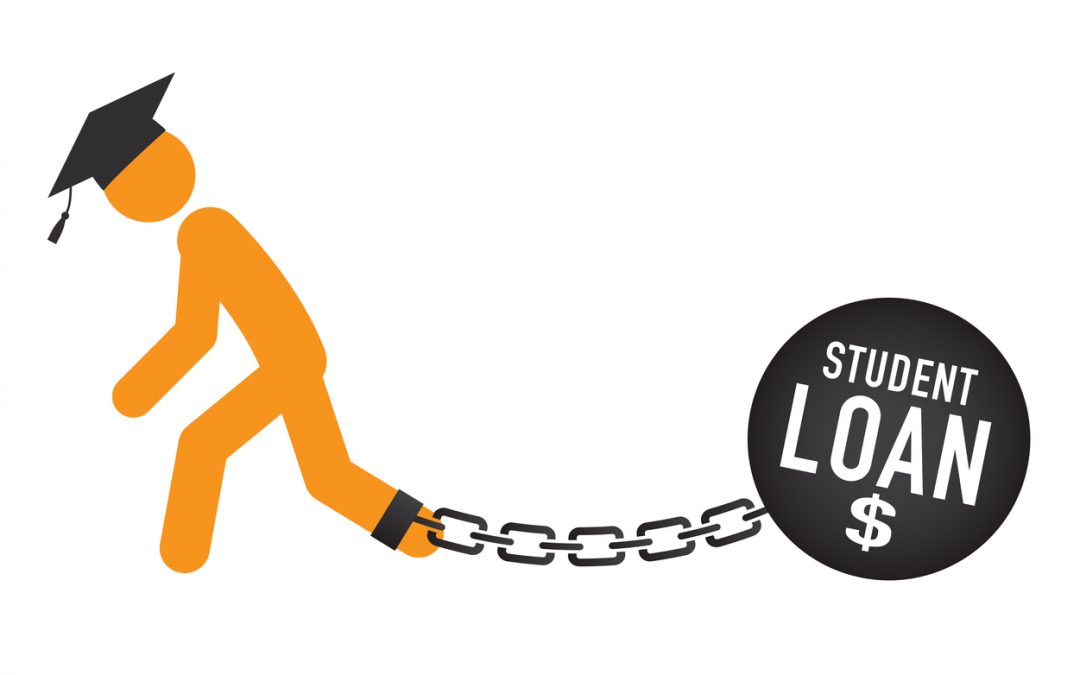One of the primary reasons to consider refinancing your student loans is the possibility of securing a lower interest rate. In order to make smart financial decisions, you should understand how federal and private lenders determine interest rates on loans.
Before looking at interest rates, you’ll need to know two things:
- What is the current landscape of your student loans? Use this refinancing student loans calculator to get a basic snapshot of how refinancing might look for your situation based on your current loan terms.
- Are your current loans federal or private? Federal and private lenders have very different rules, including how they determine interest rates, so knowing which entity holds your current loans is critical.
Once you’ve gotten those two pieces of information, read on!
What are the current federal student loan refinancing rates?
Federal student loan rates are set by Congress, and they’re the same for everyone, regardless of credit. They’re always fixed rate, which means they don’t change for the life of the loan.
As of July 2019, undergraduate direct subsidized and unsubsidized loans are fixed at 4.53 percent, graduate direct unsubsidized loans are at 6.08 percent, and direct PLUS loans are at 7.08 percent.
Pro tip! If your student loans are private, you cannot consolidate them into a federal loan. The interest rates on federal loans are not available to private loans. If you have both private loans and federal, your options are either to refinance all of your loans into one private loan or keep them separate.
Refinancing student loans may not be a good idea if your student loans are federal. These loans come with protections, special programs, and even possible forgiveness. If you want to simplify your federal loans into one payment, consider consolidating them instead.
What are the current private student loan refinancing rates?
These interest rates depend on your credit score. Better credit scores will get a lower student loan refinance rate, so if you have a good score, refinancing can be a great idea.
With private loans, fixed or variable interest rates apply.
Fixed rates are generally a little higher than variable. Fixed rates are less risky because they remain the same for the life of the loan.
Variable rates will fluctuate periodically, which means your monthly payment amount will fluctuate as well. This can make budgeting a challenge.
What are the best refinancing companies?
Comparing rates across different lenders is key to making a decision. As you compare, you’ll want to ask four main questions:
- What is the interest rate?
- Do they offer a variable or a fixed rate?
- What is the repayment term (length of the loan in years)?
- Do you need a cosigner?
Then use your refinancing student loans calculator again to compare the results from different companies.
You’ll find that some companies offer additional incentives. For instance, Laurel Road offers economic hardship support, which is a rare perk for private lenders. SoFi boasts no fees and free career coaching. LendKey will allow you to release a cosigner after 12 on-time monthly payments.
Pro tip! Make sure you compare rates from a variety of lenders before choosing one to apply to. A casual rate comparison will only require a soft pull of your credit report, which will have minimal impact on your credit score. Completing a full application will require a hard pull of your credit and will knock your score down a couple of points.
Bottom line
Know what your current interest rate is and which entity holds your loan(s). Shop around and compare potential lenders with each other and with your current lender.




